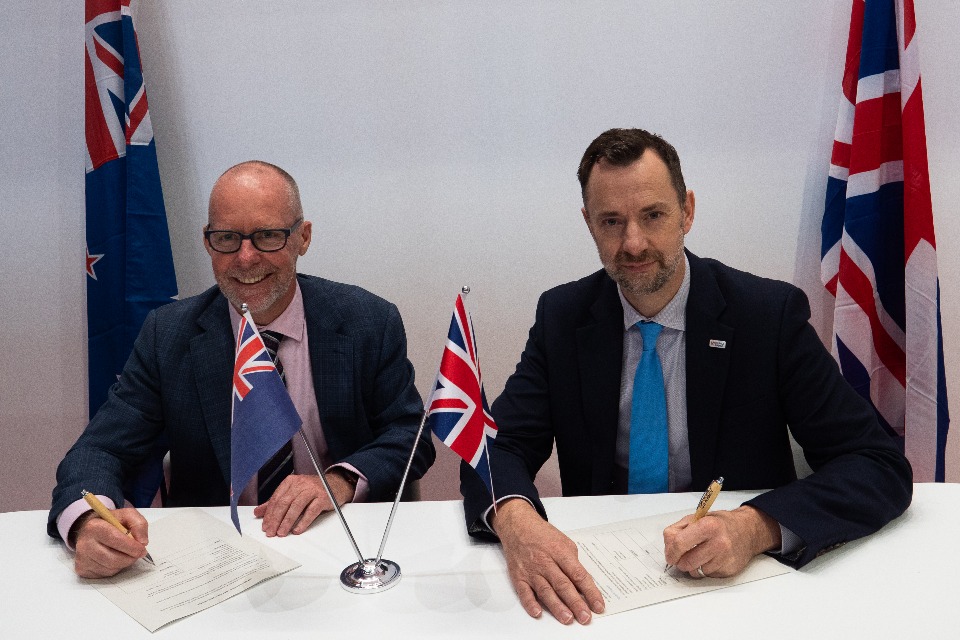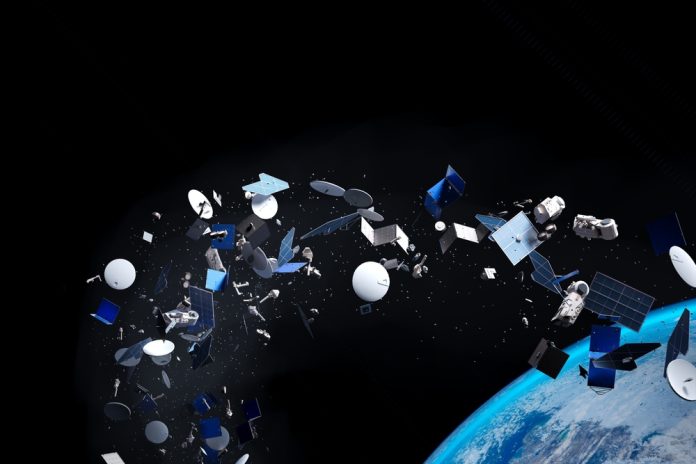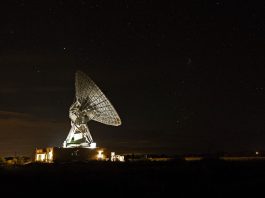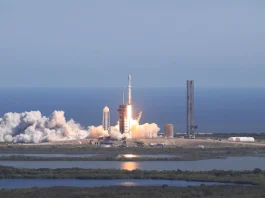The UK and New Zealand space agencies have taken a significant step in enhancing space sustainability by signing a new agreement focused on space debris removal and satellite servicing.
This collaboration, formalised at the International Astronautical Congress in Milan, aims to support missions in areas like in-orbit servicing, satellite refuelling, and the safe removal of space debris.
These activities are collectively known as ‘rendezvous and proximity’ operations and are critical to managing the increasingly crowded Earth’s orbit.
Dr Paul Bate, Chief Executive of the UK Space Agency, said: “As space leaders from across the world gather in Milan this week, we’re pleased to agree with our partners in New Zealand a world-first arrangement to help ease the way for future missions that can help keep space sustainable.
“In-orbit servicing and manufacturing and space debris removal are high-growth areas for the global space sector, and we hope our work with New Zealand can act as a blueprint for other nations to follow and benefit from.”
Addressing the growing challenge of space debris
As modern society becomes more reliant on satellite technology, the number of operational and non-operational satellites in orbit has skyrocketed.
This growing congestion heightens the risk of collisions, which could result in the creation of more space debris.
The agreement between the UK and New Zealand underscores the urgent need for technological solutions for space debris removal and extending the operational life of satellites.
Space debris removal is a critical aspect of maintaining the sustainability of space operations, ensuring the safe and long-term use of Earth’s orbits.

Navigating legal and regulatory challenges
The innovative nature of proximity operations, where spacecraft move close to each other for servicing or space debris removal, presents legal and regulatory complexities.
Particularly challenging is the application of international rules when multiple nations are involved.
To address these challenges, the UK and New Zealand are working together to explore ways to reduce legal, policy, and regulatory barriers.
The focus is on making international frameworks, like the 1972 Convention on International Liability for Damage Caused by Space Objects, more applicable to modern space missions.
Economic opportunities
The collaboration also highlights the economic potential of space debris removal and in-orbit servicing.
Independent research estimates the global market for in-orbit services to be worth $14.3bn, with opportunities for the UK alone valued at £2.7bn.
Iain Cossar, Head of the New Zealand Space Agency, added: “We place a lot of importance on space sustainability in New Zealand, and this agreement with the UK demonstrates our commitment to ensuring our space environment is safe and sustainable.
“The arrangement outlines how we will cooperate on active debris removal and in-orbit servicing missions.
“The principles and guidance we have developed could apply more broadly to other states, and like the UK, we hope this work can serve as a blueprint to enable these important activities internationally as we look to address the challenges posed by orbital debris.”
With the UK’s upcoming spaceports in Scotland and New Zealand’s successful private spaceport operations, both nations are positioning themselves at the forefront of this emerging market.









